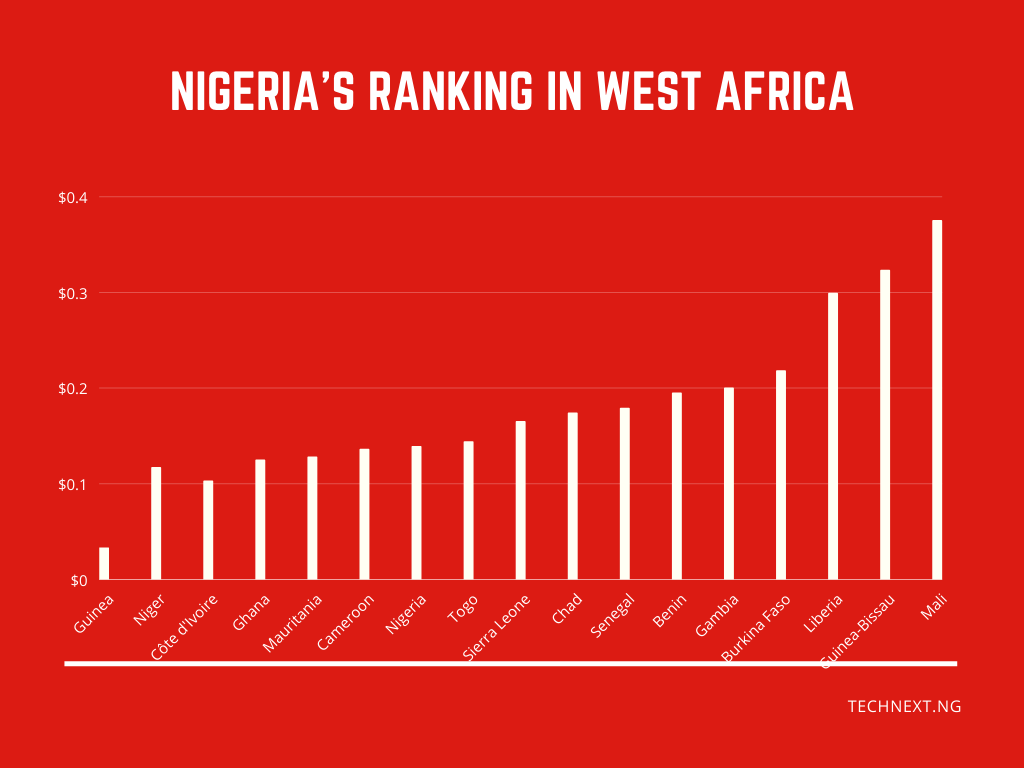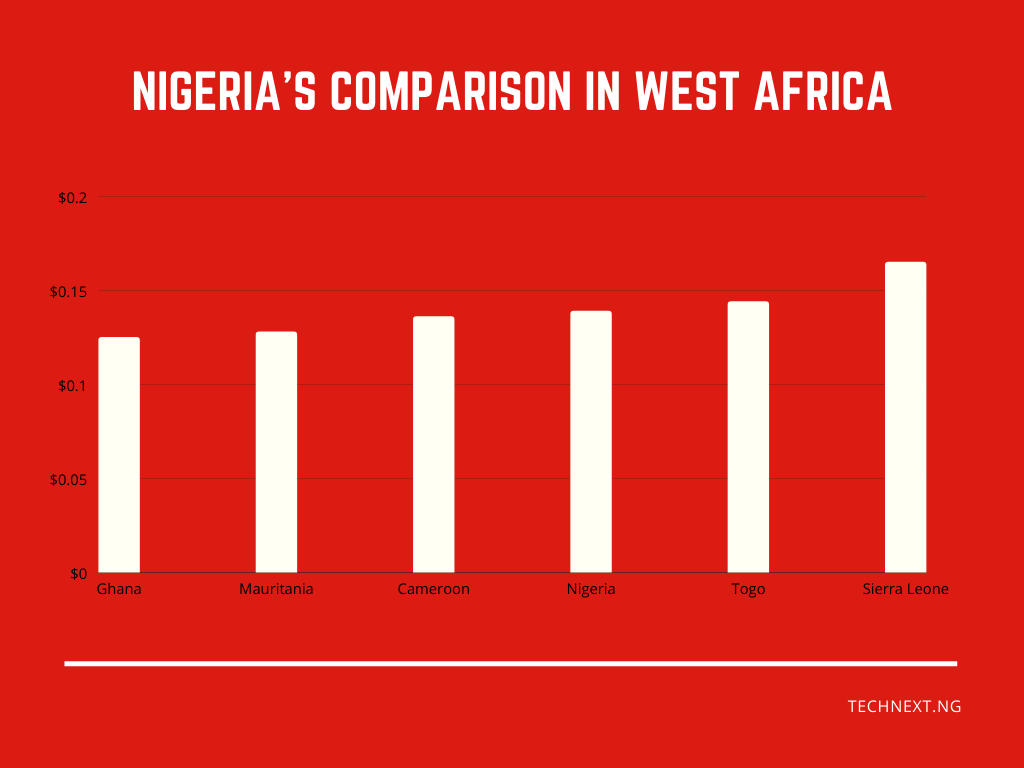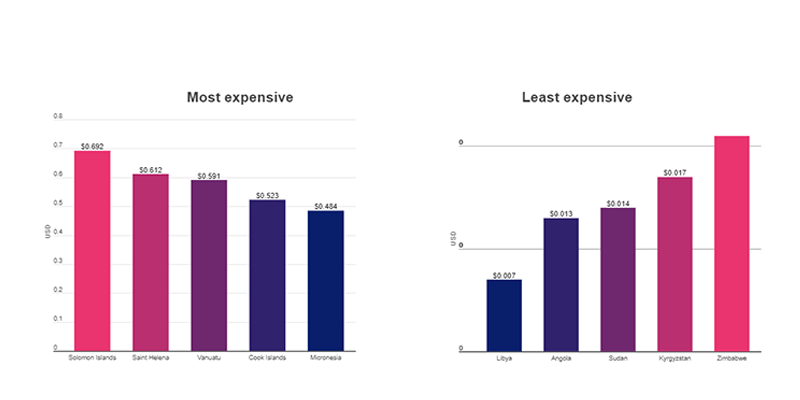Electricity remains a crucial aspect of contemporary living and a major force powering the economies of countries around the world. This is even truer for SME’s which make a bulk of businesses driving economies around the world.
Nigeria, the largest economy in Sub-Saharan Africa, is no different. However, the country has continuously witnessed its progress hampered by electricity shortages.
With an abundance of oil, gas, hydro, and solar resources, the country’s current facilities have the capacity to create 12,522 MW of electricity. But on most days, according to Power Africa, it can only deploy roughly 4,000 MW. This is insufficient for a nation with a population of over 200 million people.
The Nigerian power sector has always suffered a number of challenges. They include policy enforcement, regulatory uncertainty, gas supply, transmission system limits, and severe power sector planning shortages. All of these have prevented the sector from attaining commercial viability.
The deplorable state of the country’s power sector is a source of worry not just for investors hoping to move into the country, but most especially for citizens who are faced with nothing but an increasing electricity cost and oftentimes decreasing supply.
Nigeria’s Electricity Costs
Despite the abundance of resources, the country remains amongst the nations in the world with the most expensive power costs, with statistics that prove this point.
According to the latest worldwide electricity pricing released by Cable UK, Nigeria ranks as the 121st country on the global chart with the highest electricity cost.
This might seem average on a chart consisting of 230 countries, but on a closer look at Africa, Nigeria ranks as the 24th country with the highest electricity prices.


The Cable UK electricity chart examines electricity tariffs around the world and ascertains its ranking based on the average between the highest recorded electricity costs and the lowest.
The rates are in per kilowatt hour (kWh) and include all charges and taxes found on an electrical bill. This includes distribution and energy costs as well as numerous environmental and fuel costs.
According to the Nigerian Electricity Regulatory Commission (NERC), the Nigerian Electricity Supply Industry (NESI) has undergone significant changes in recent years as a result of the government’s reform program.
The most widely recognized reform is one of the most ambitious privatization exercises in the global power industry, with a transaction cost of more than three billion dollars ($3.0 billion). However, there has been zero to no improvement in the prices of electricity.
Nigeria doesn’t solely rank poorly on the African chart; it equally ranks poorly in the western African section as it trails behind countries like Guinea, Ghana, Cote d’Ivoire, Niger, and Cameroon to rank as the 7th country with the highest electricity cost in the sub region, according to the chart.
With an average electricity cost of $0.139/ Kwh (about N65/kwh), Nigeria ranks as the 26th country in Africa in terms of the lowest electricity tariff.


It ranks slightly after countries like Ghana, Mauritania, and Cameroon but has comparable electricity prices in relation to countries in west Africa like Togo, Sierra Leone, and Chad, which follow it on the chart.
While Nigeria would have numerous excuses for its high electricity tariffs, Libya, a similar country on the African continent, ranks number one, not just in Africa but on the global chart.
Global outlook
The cheapest places in the world to buy electricity tend to be countries where either oil and gas prices are very low or where household electricity usage is very low and thus does not necessitate a lot of expensive infrastructure.
With an average electricity cost of $0.007/Kwh, Libya retains the top spot as the country with the lowest electricity price.
It outranks world economies like the United States, China, and the UK, which have an average electricity price of $0.109/kwh, $0.084/Kwh, and $0.251/Kwh, respectively.
On the worldwide chart, The Solomon Islands ($0.692), St Helena ($0.612), Vanuatu ($0.591), the Cook Islands ($0.523), and Micronesia ($0.484) are the five most costly nations in terms of the average cost of electricity.


Libya $0.007, Angola $0.013, Sudan $0.014, Kyrgyzstan $0.017, and Zimbabwe $0.021 are the five lowest nations in terms of average cost per kWh.
None of these nations are islands, and three of the five are in Sub-Saharan Africa, in contrast to the most costly. Libya, the cheapest nation, is in Northern Africa, with Kyrgyzstan being the only non-African country.
By region, the Commonwealth of Independent States (CIS) is the cheapest in the world for electricity overall, with an average cost of 0.049 per kWh. Northern Africa follows next as the region with the second lowest costs as all of the six North African countries are in the cheapest half of the table.
With an average of $0.161 per kwh, Sub-Saharan Africa ranks as the 5th region on the chart with the costliest electricity prices. This is slightly before Oceania, the Caribbean, Northern America and western Europe, which rank from first to fourth with the most expensive electricity prices.






